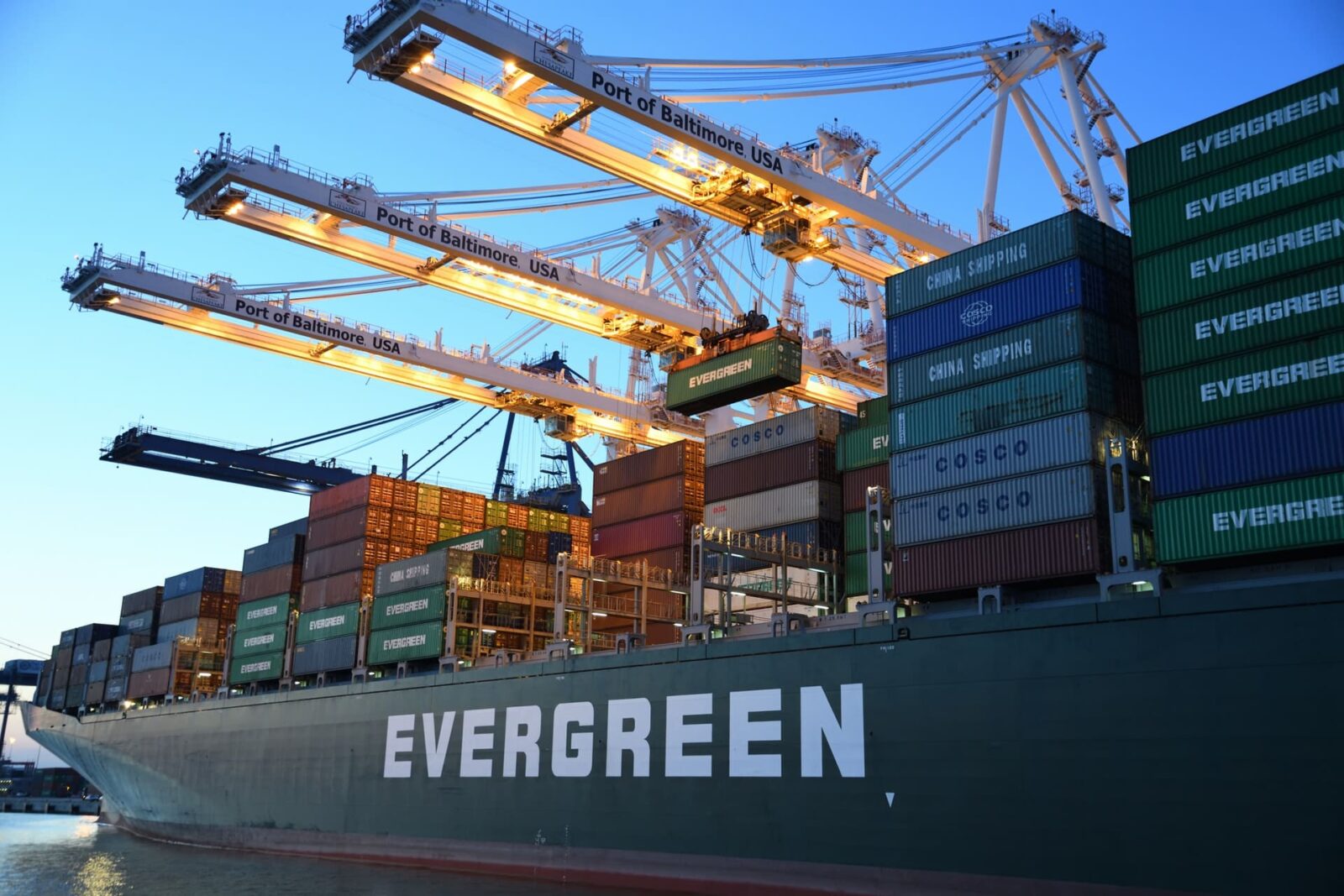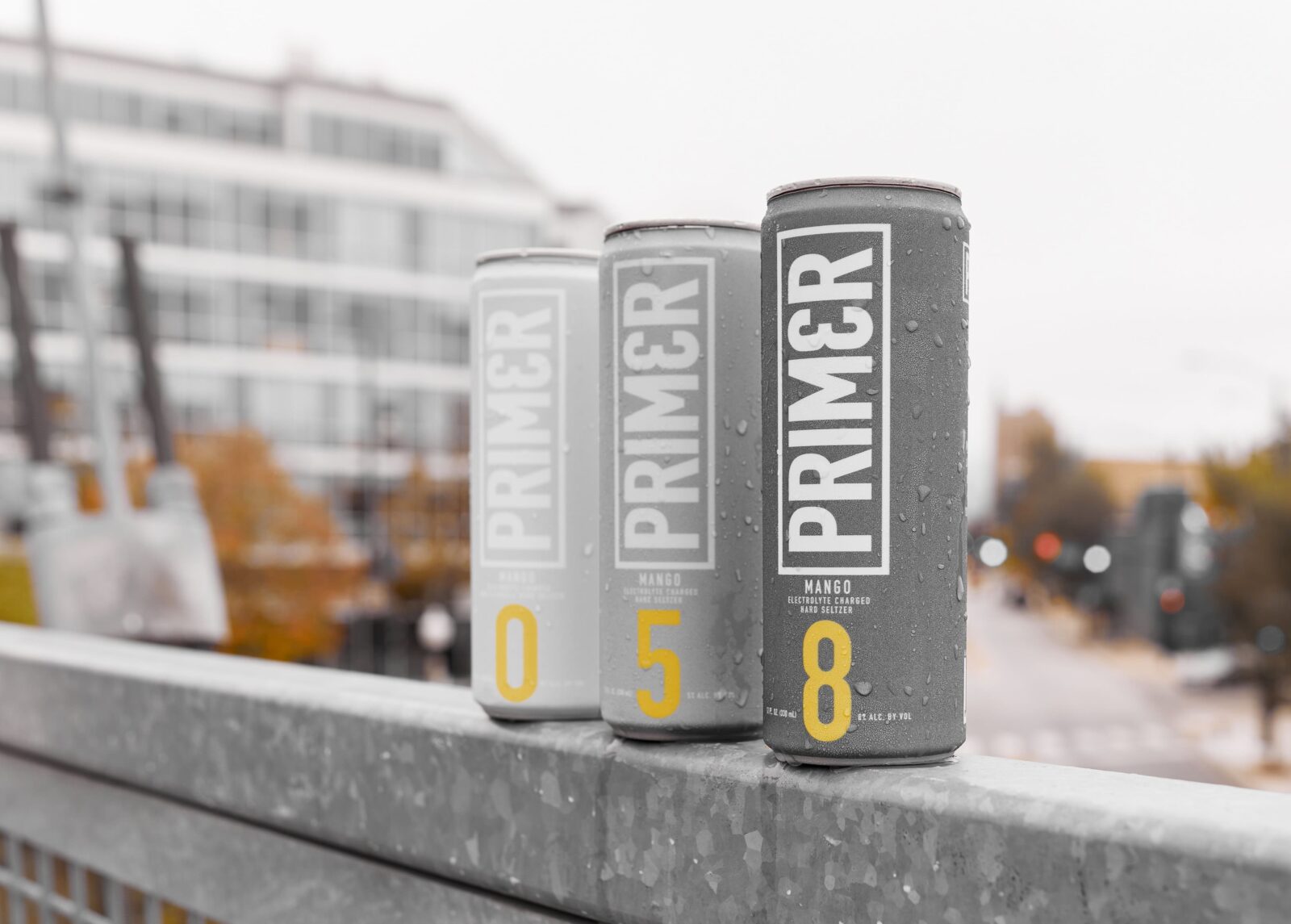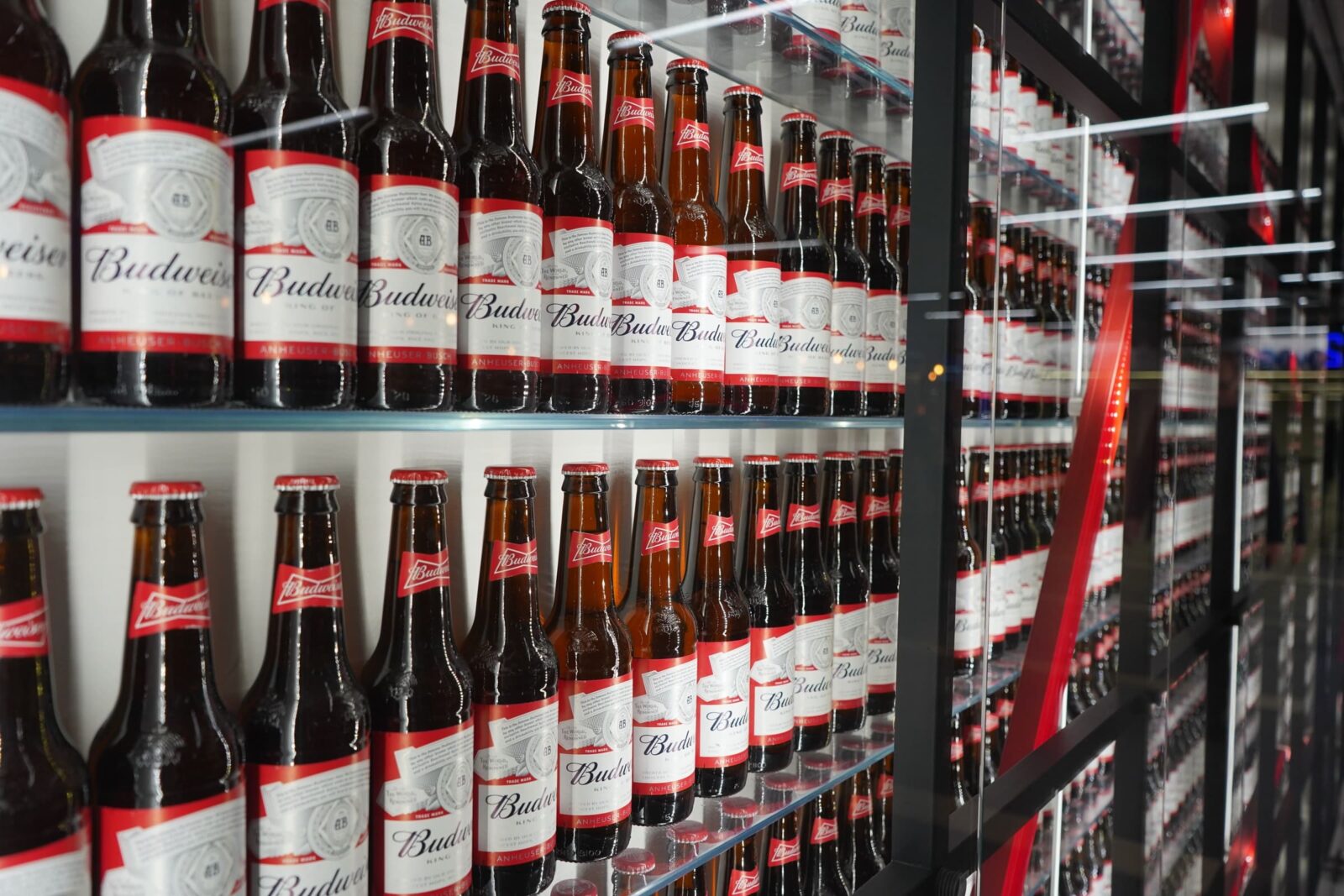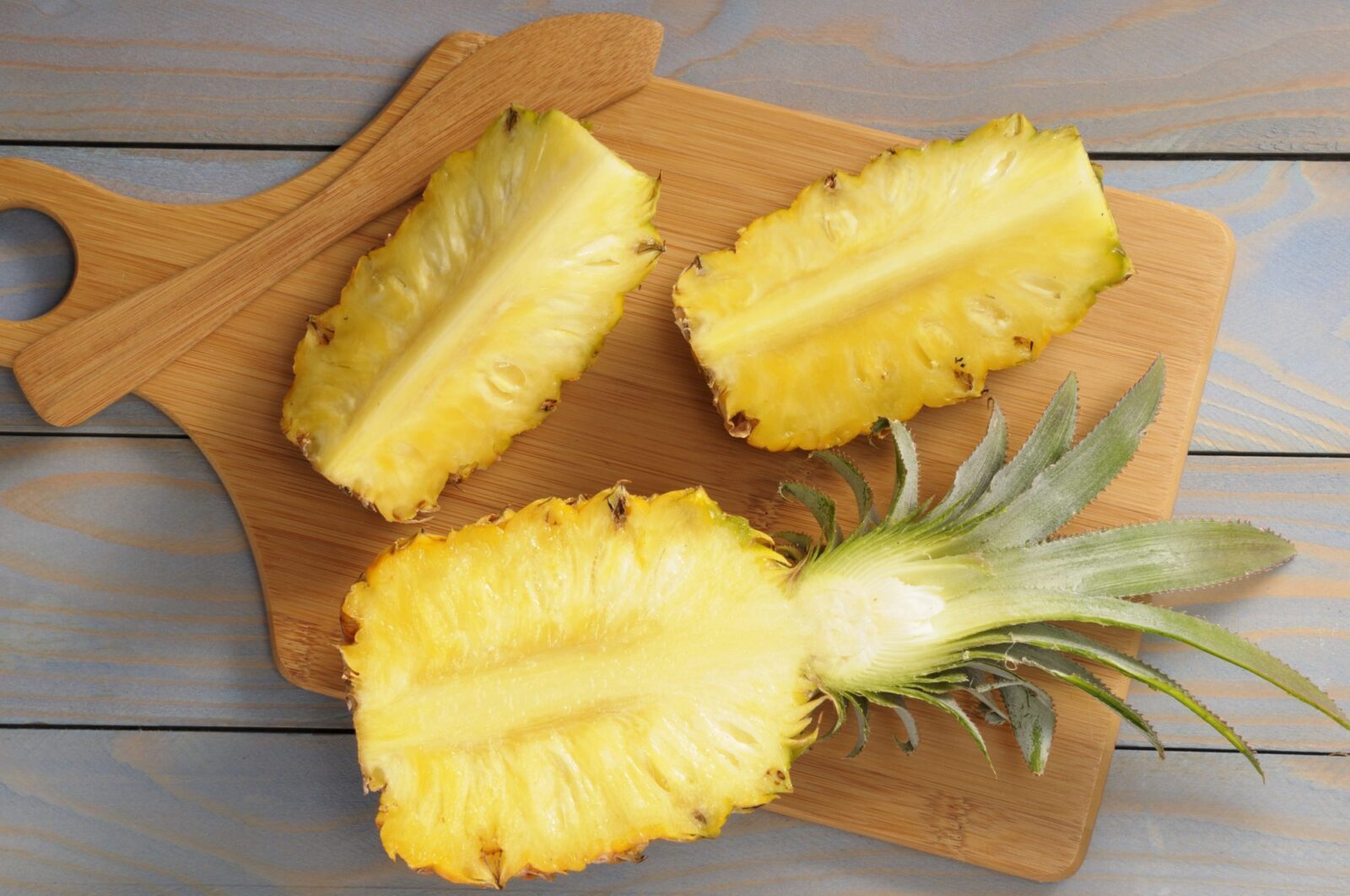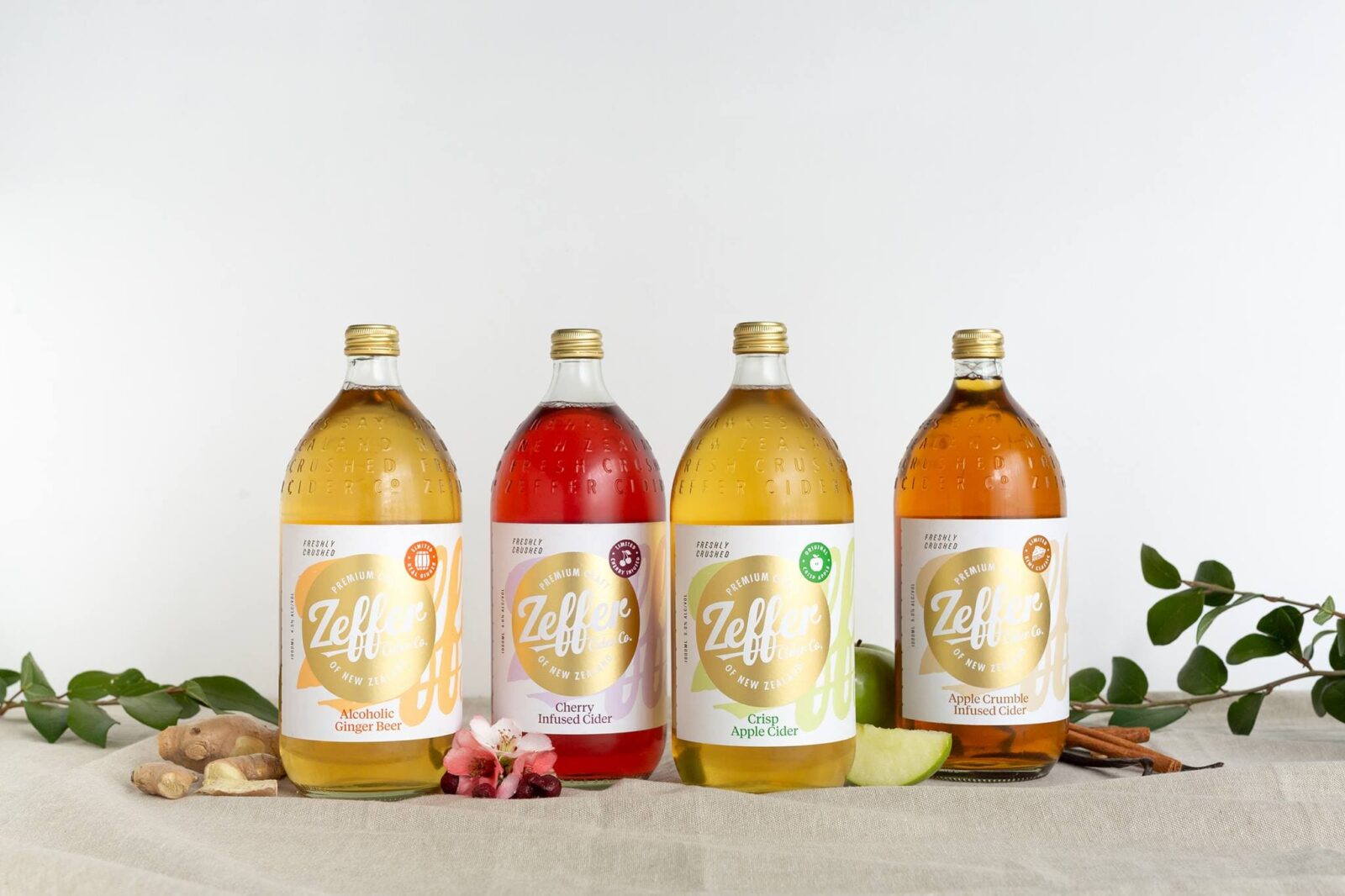Last year, the owner and brewer of Urban Artifact Brewing Company in Cincinnati spent nine months waiting for an order of the tropical superfruit to get filled from a supplier in Vietnam, a major lychee exporter. His shipment never left Southeast Asia, posing big problems for Urban Artifact’s Petroglyph beer, a top seller.
The Alcohol Health Alliance wants to see the UK’s Health and Care Bill – which will restrict advertising and promotion on high fat, salt and sugar products – extended to include alcohol.
Most low/no drinkers are not solely dedicated to the category: choosing rather to switch between full strength and lower alcohol alternatives – often even during the same occasion. So new US brand Primer has designed its brand as a ‘one-stop-shop’ system: packaging its drinks with three different ABVs in one multi-pack.
Brewers’ spent grain may offer a novel source of prebiotics, according to a new study from Anheuser-Busch InBev that found arabinoxylan from the waste may boost bifidobacterial levels in the human gut.
Almost half (47%) of alcoholic drinks in the UK feature calorie information on labels, says the Portman Group, as it calls for such labelling to remain voluntary.
Could Mexico’s traditional fermented beverages offer inspiration for healthy beverages today? Researchers are calling for the recovery and conservation of ancient fermented drinks, which could offer an ‘outstanding reservoir’ of genetic resources such as plants, yeast and bacteria.
Subtle, nuanced flavors have taken center stage in recent years: but this is set to change in 2022 with a shift to bigger and bolder profiles, according to beverage development company Flavorman.
As it launches the alcohol-free version of its flagship brew on draught, Heineken predicts there will be as many Heineken 0.0 taps as there are Heineken Original by 2025.
New Zealand-based Zeffer Cider is looking to increase appeal with a broad audience by rolling out various innovations including unique flavours as well as seltzers and non-alcoholic options.
